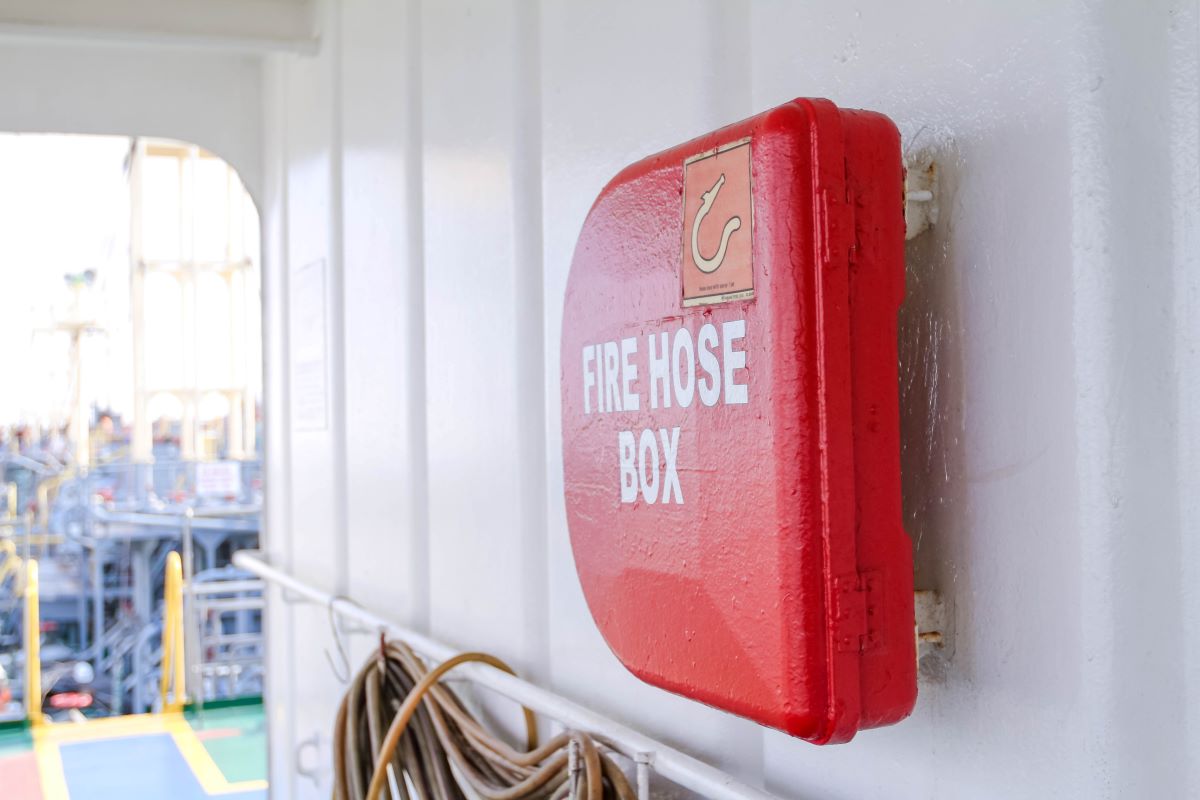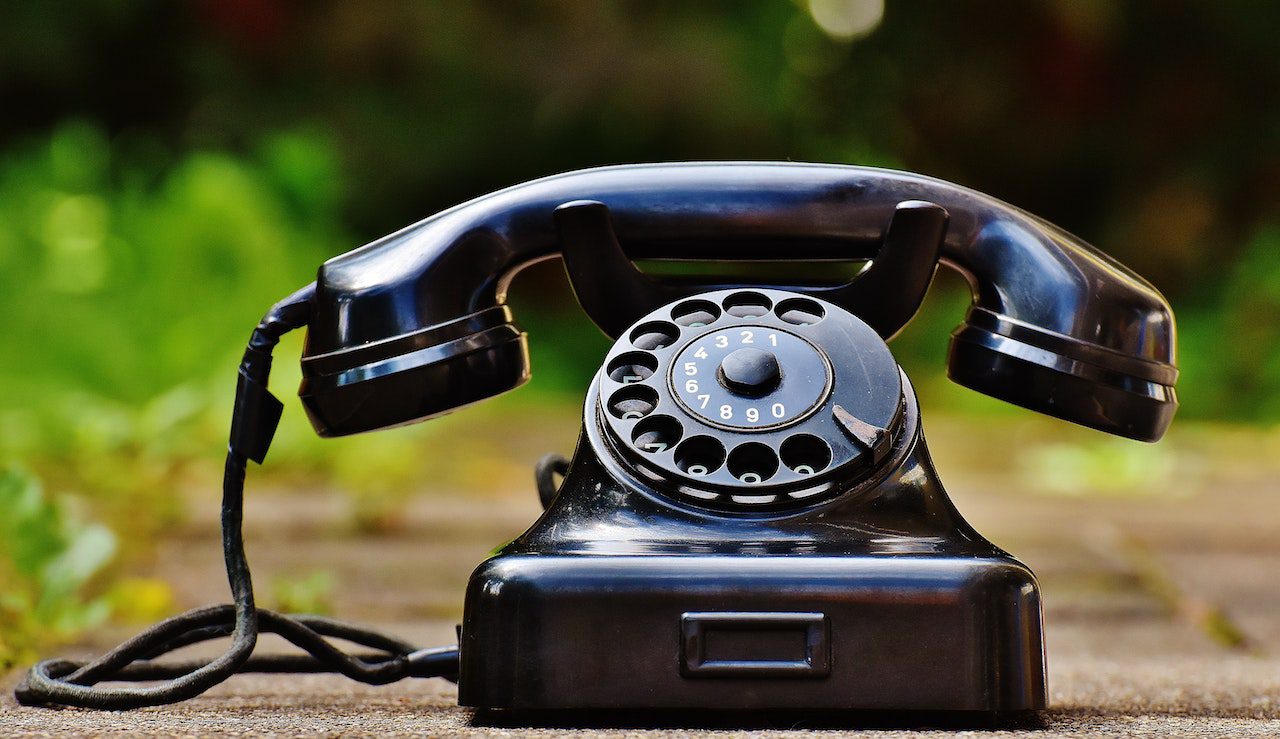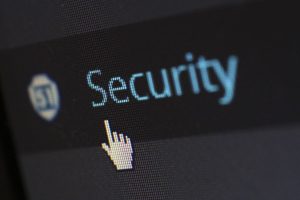The Hazards Every Workplace Has To Be Mindful Of
 There’s no responsibility more important to an employer than their responsibility to the health and safety of their business. A crucial part of ensuring that safety is being mindful and aware of the potential hazards in the workplace that can affect here. Here, we’re going to review some of those hazards and why it’s essential to audit the workplace for any you might otherwise miss.
There’s no responsibility more important to an employer than their responsibility to the health and safety of their business. A crucial part of ensuring that safety is being mindful and aware of the potential hazards in the workplace that can affect here. Here, we’re going to review some of those hazards and why it’s essential to audit the workplace for any you might otherwise miss.
Can you prevent falls?
Statistically, the most frequent type of injury across all workplaces is the fact that people can slip, trip, and fall, in a wide manner of ways. Take a look at some of the methods of preventing trip and slip hazards in your workplace, such as hiring a professional cleaner to ensure the best standards of floor cleanliness, preventing items from being stored on frequently trafficked walkways, and improving visibility in dark areas.
The risk of fire
Most workplaces have a number of connections to electrical supplies, as well as electrical appliances, combustible materials, and the like. Where any of these exist, there is always the risk for fire. Performing a complete fire risk assessment in your workplace can help you find and mitigate these risks, as well as ensure that you have the right equipment installed to deal with fires that break out. You may also need to ensure that you have a fire escape route at the ready at any moment.
Don’t be shocked by electrical hazards
Many of the causes of fire hazards, as mentioned above, can also be dangerous when it comes to the electrics. Ensuring the right electrical protections in your wiring, such as an IP rated junction box wherever two connections meet is crucial. Training employees to be careful around any manner of electrical feature or appliance is essential, too, such as making sure they don’t transport or carry liquids around them.
Be mindful of any chemicals
Not all workplaces are going to feature ready access to chemicals but those that do should make sure that they are always handled to the utmost standards of safety. Most industrial chemicals can be majorly harmful when people are exposed to them. To that end, you should make sure that your workplace invests in safe chemical storage, transport, and cleanup tools so that your team is ready and able to handle them in any situation.
Work well with your equipment
In warehouses, construction sites, manufacturing floors and more, it’s the machinery and vehicles that your team works with that can potentially be the most dangerous. Preventing machinery injuries requires a multi-pronged strategy. Training in the correct use of the equipment is vital, as is making sure that you have all of the personal protective equipment that you need and, most importantly, that it’s used when necessary. Of course, you should invest in the routine maintenance of each machine, as well.
The above list of potential hazards in the workplace is far from comprehensive. As mentioned, you should carry out a thorough safety audit of the workplace to ensure that you miss nothing that could pose a danger if left alone.

 When it comes to communication over long distances, there is no such thing as a system that is hacker-proof. Almost every form is at some risk of being hacked into or compromised. However, because more and more people are turning to VoIP systems, it has become much easier to install specific security features that can improve the experience. So is a VoIP actually more secure than a landline phone?
When it comes to communication over long distances, there is no such thing as a system that is hacker-proof. Almost every form is at some risk of being hacked into or compromised. However, because more and more people are turning to VoIP systems, it has become much easier to install specific security features that can improve the experience. So is a VoIP actually more secure than a landline phone?

